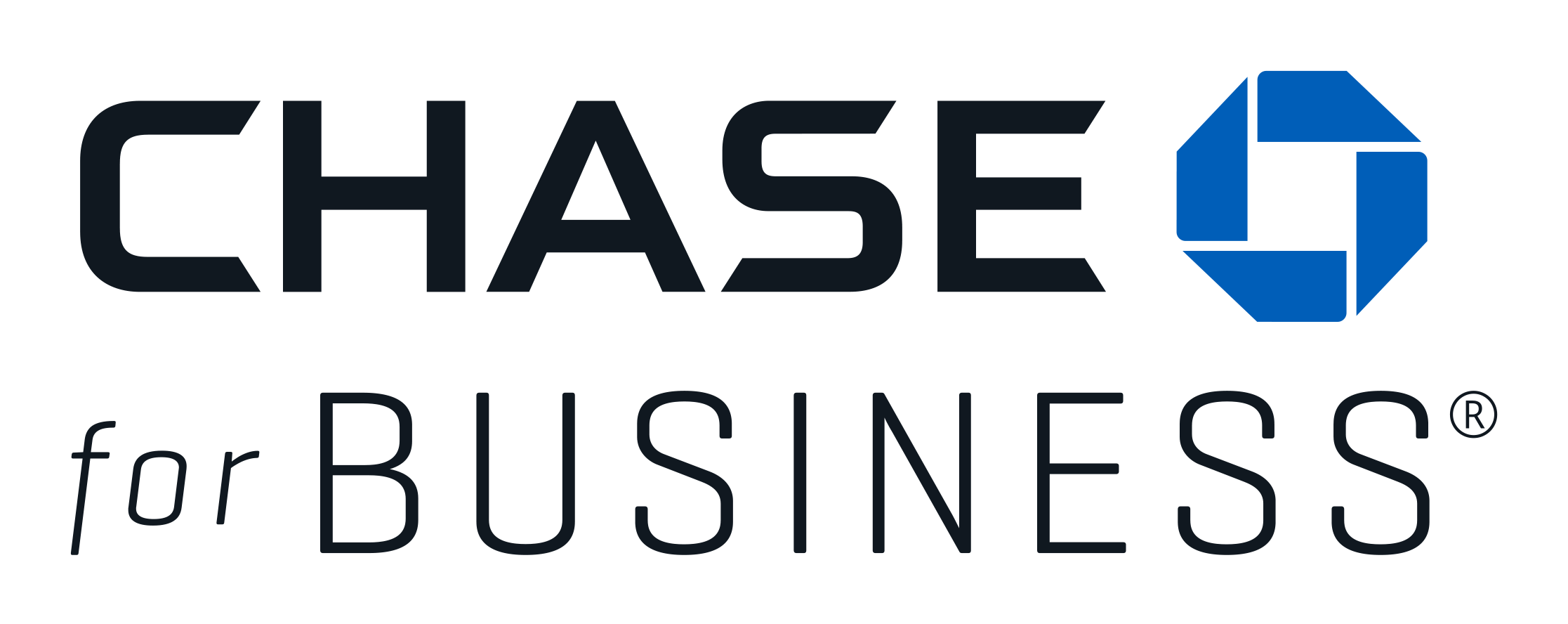Subscribe
"Unlock exclusive insights and elevate your financial wisdom with NetWorth.com — subscribe now to stay ahead in the wealth game!"

Ohio’s diverse economy supports everything from manufacturing and logistics to tech startups and family-run businesses. Whether you’re operating in Columbus, Cleveland, or a smaller community, having the right business bank can streamline your finances and fuel future growth.
The best banks offer more than just checking, they provide lending solutions, digital tools, and personalized service. In this guide, we’ve reviewed and ranked the 9 best business banks in Ohio for 2025 to help you find the ideal financial partner for your business goals.
>> Open a Business Bank Account With Bluevine >>
Before selecting our top picks for the best banks for small businesses in Ohio, we thoroughly researched several key aspects. This included analyzing each bank’s fees, like maintenance, overdraft, and wire transfer fees.
We also evaluated the minimum balance requirements and features like mobile banking capabilities and integration options. Additionally, our research delved into each bank’s interest rates, customer service quality, and any incentives they provide.









Opening a business bank account is critical in launching a profitable enterprise. Here are the key factors we considered in curating our list of the best banks for small businesses in Ohio:
While an SSN isn’t legally required to open a bank account, most banks ask for it to verify the individual’s identity and the legitimacy of the business. Therefore, whether an SSN is needed depends on the bank’s policies. Reviewing a bank’s specific requirements before opening an account there’s essential.
While banks in Ohio may vary in their specific requirements, certain documents are commonly required across all institutions for opening a business bank account.
These typically include an Employer Identification Number (EIN) or Social Security Number (SSN), a Certificate of Incorporation or formation, and a home or company address. Gathering these documents before approaching a bank streamlines the account setup process.
Opening a bank account with an EIN (Employer Identification Number) is advisable. Any business with at least one employee needs an EIN for tax purposes, and banks typically require this number for account registration.
If your business is a sole proprietorship with you as the only employee, you could use your Social Security Number (SSN) instead. However, using an EIN helps separate your personal and business finances, which is crucial for proper financial management and transparency.
It’s prudent to save at least six months of operating expenses as a financial cushion for any unexpected downturns in your business.
This reserve will provide a safety net, allowing you to navigate periods of reduced activity without drastically impacting your operations. If feasible, consider contributing at least 10% of your monthly profits to this fund to increase your savings over time steadily.
Choosing the right bank is a key part of running a successful business in Ohio. The options featured in this guide offer a strong mix of affordability, service, and tools designed to meet the needs of today’s entrepreneurs.
Whether you’re just starting out or scaling up, the right banking partner can simplify your finances and support your growth. Take time to compare your options and select the bank that aligns best with your business goals for 2025 and beyond.

Judith Harvey is a seasoned finance editor with over two decades of experience in the financial journalism industry. Her analytical skills and keen insight into market trends quickly made her a sought-after expert in financial reporting.